

We recently had the chance to connect with Dr. Alicia Rozycki and have shared our conversation below.
Hi Alicia, thank you for taking the time to reflect back on your journey with us. I think our readers are in for a real treat. There is so much we can all learn from each other and so thank you again for opening up with us. Let’s get into it: What do you think others are secretly struggling with—but never say?
I think others are secretly struggling with managing emotions, and at times, overwhelm. We all experience a range of emotions throughout each day–grumpy in the morning, loved in saying goodbye to Fido, irritated at the traffic light, relieved the presentation was a success, and so on. This is normal human functioning. However, I think in this busy world with dozens of obligations, people are internally struggling with bigger emotions than they may let on or even realize. In keeping too busy to consciously feel or in trying to keep emotions tucked in for a board meeting, emotional repression can build and lead to overwhelm. For our own well-being, it is crucial we acknowledge, honor, and release them at least with ourselves. If this is enough, great, but sometimes talking things out with a trusted other can be helpful. In my work as a psychologist, I facilitate the connection with emotions and their expression. Some clients are lacking awareness of their emotional state, others need a safe space to share without fear of judgment, and some need help managing emotions in a healthy way. Through the process of identifying and appropriately expressing feelings, people shift from stress, anxiety, and depression to balance; with this, life becomes more enjoyable.
Can you briefly introduce yourself and share what makes you or your brand unique?
I’m a licensed psychologist and private practice owner. I have an online therapy practice, AROSE eTherapy & Life Design, that caters to professional women. I understand the highly achieving woman who is secretly struggling with stress and provide expert guidance in shifting to calm and balance. Each client is unique in what actionable strategies work best in her case, but all women need a place to be heard. I have been practicing psychology for nearly 20 years and studying it longer than that, but I have also been that overwhelmed woman. I have put into practice what I share with my clients and know that cutting out clutter, be it logistical, emotional, or physical, opens up a space for clarity and calm to enter. I have seen the benefits in my own life and the lives of my patients, and I know life is just so much better when it’s in balance. This is what I want clients to experience through the process of psychotherapy.
Great, so let’s dive into your journey a bit more. What did you believe about yourself as a child that you no longer believe?
As a kid I believed just about everything had to be the way I was taught from rules to religious beliefs– there was no questioning the “musts” of the world. With time, exposure to new ideas and cultures, I began to see there really are no musts. This shift away from black and white thinking to more permissive thinking is really freeing. For instance, there may be times where I’m tired or feeling poorly but have a task that needs to be done. In the past I would have told myself it had to get done, no excuses. Nowadays I really question thoughts like these. Is there really a deadline or is the deadline self-imposed? Does my body need the rest right now? Wouldn’t the task get done more efficiently after I rest? This is just one example of shifting away from rigid, perfectionistic thinking that can show up for high-achievers. This is another way I believe I can be of service to my clientele–I understand the nuances in this way of being and know the places where shifts are needed and beneficial.
When did you stop hiding your pain and start using it as power?
I believe I’ve done this throughout my professional career. Each challenge I’ve faced in life I’ve looked at as one more experience that can help me serve someone else who may go through it as well. I have experienced this, for example, in my own journey with becoming more emotionally attuned. If I’m experiencing an emotion, I allow it, I stay present with it, and express it. Attunement with our emotional pain as humans is a very real experience, and I believe it is a power to lean into it rather than repress it.
Sure, so let’s go deeper into your values and how you think. What are the biggest lies your industry tells itself?
Right now, I think one of the biggest lies the industry tells itself is that the business side of the industry is sustainable without change. Insurance companies, venture capitalists, and even Amazon have infiltrated the therapy space in the last few years, and it is alarming for the harm that could come to patients, especially with regard to privacy. These large companies have developed business models that contract with therapists offering guaranteed reimbursement rates, from very low to slightly above average. These rates devalue the industry by failing to offer pay commensurate with experience, education, and skill. Additionally, patient records and communications can pass through the hands of these companies with even greater ease than in traditional insurance based models. Data is being mined. Privacy is lacking and HIPAA compliance is violated in some cases. These companies protect themselves by putting the onus on the providers, but not all providers realize they have to protect themselves and patients even when the parent company is encouraging practices that fail to follow rules and laws. This landscape is taking business from practitioners like myself who work outside of insurance on a private pay basis; essentially big box is taking over mom and pop in yet another industry. As the more harmful results come to light, I believe there will be a greater demand for human providers (verses AI chat bots) who work outside of insurance in the private pay space. Patients will prefer providers without obligations to insurance companies and who can therefore protect patient information with greater confidentiality. I think our industry has to change; our professional associations need to speak out and draw attention to these ethical and legal problems. Patients need to be educated by the risks of seeking therapy through some of these organizations or with providers who contract with them. The fact that choosing a private pay practitioner offers greater privacy and confidentiality is a major selling point in psychotherapy. Patients need a truly informed choice.
Before we go, we’d love to hear your thoughts on some longer-run, legacy type questions. If you retired tomorrow, what would your customers miss most?
I think they would miss the connection we’ve formed, the reliability offered, the personal commitment to their growth, and the accommodating schedule. I really believe I’m offering a service outside of the obvious service of psychotherapy. I think about the customer service aspect of my work. I appreciate we all work hard for our money and my clients deserve a high quality product and service. I prioritize offering a high value product (expert level, experienced psychotherapy with continued skill development though study and workshops). I equally prioritize offering great customer service (prompt, professional responses to inquiries, messages, calls; reliability with scheduling; flexibility for their needs and emergencies; straightforward billing; flexible scheduling). Beyond these two aspects, there is the empathic, human connection that is genuine, down-to-earth, approachable as well as highly-educated and informed. I’m proud of what I offer and want my clients to feel they have received a good value and service for the money.
Contact Info:
- Website: https://www.arose-etherapy.com
- Instagram: https://www.instagram.com/aroseetherapy/
- Linkedin: https://www.linkedin.com/in/alicia-rozycki-phd/
- Facebook: https://www.facebook.com/AROSEeTherapy
- Youtube: youtube www.youtube.com/@AROSEeTherapy1
- Other: https://www.pinterest.com/aroseetherapy/
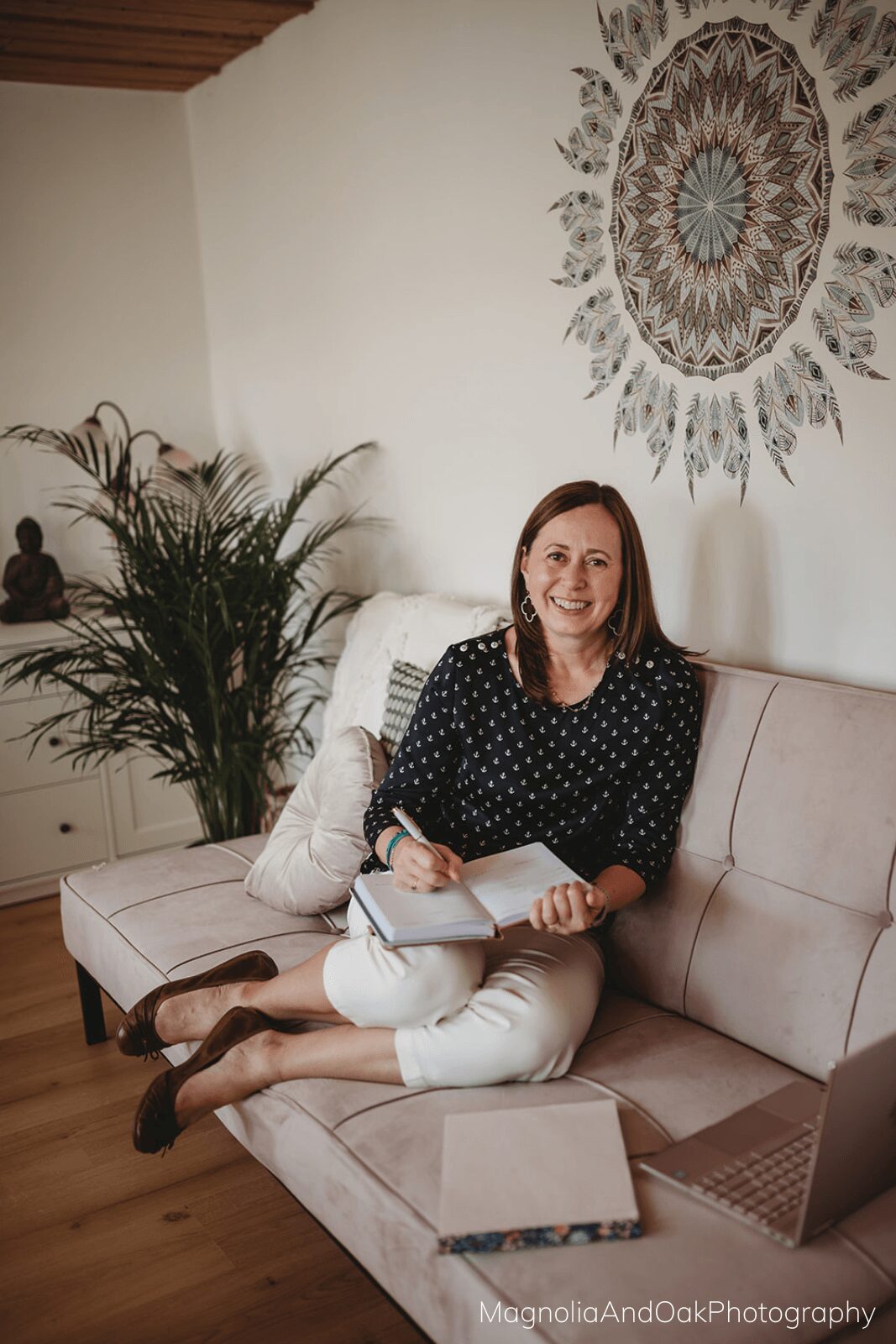
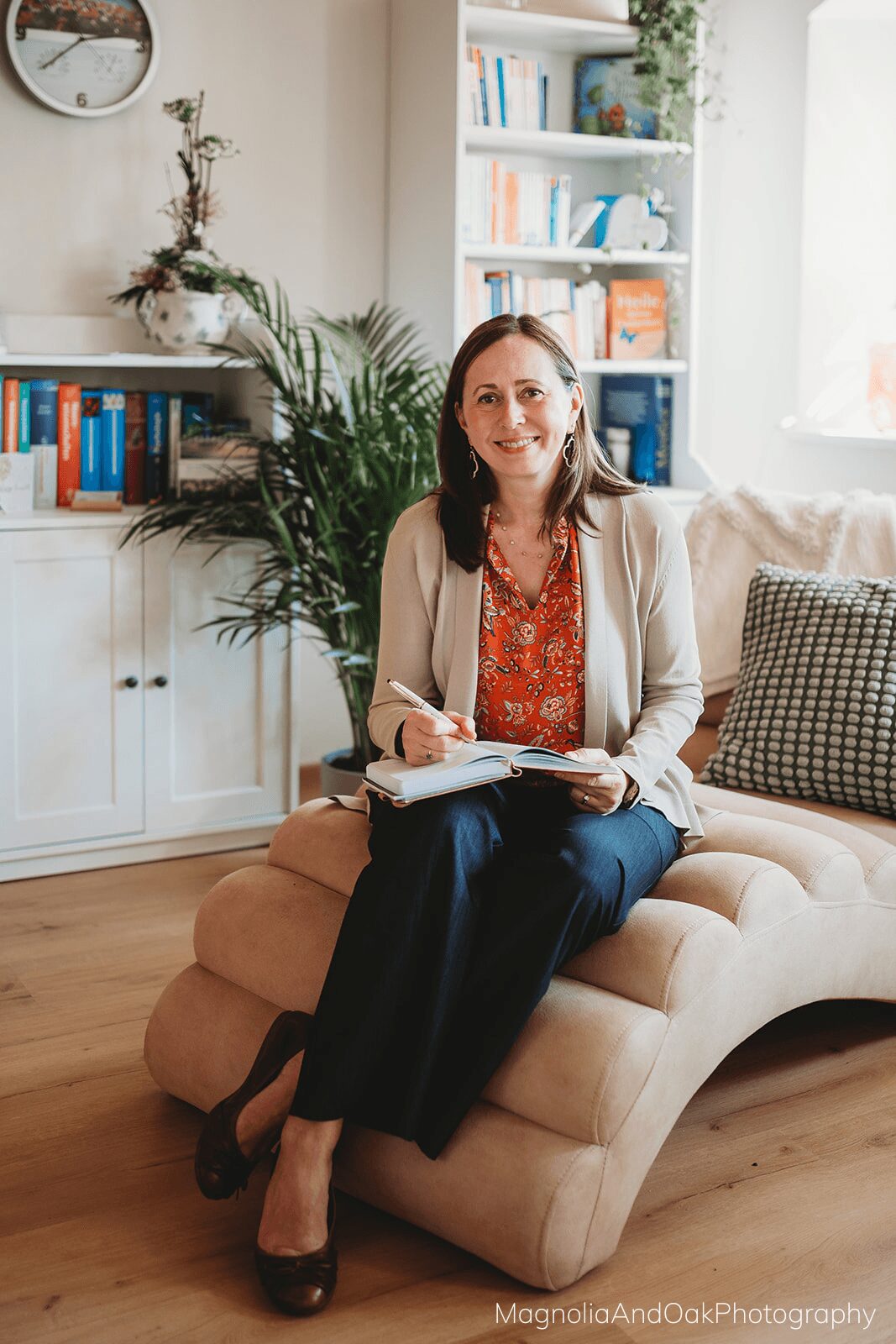
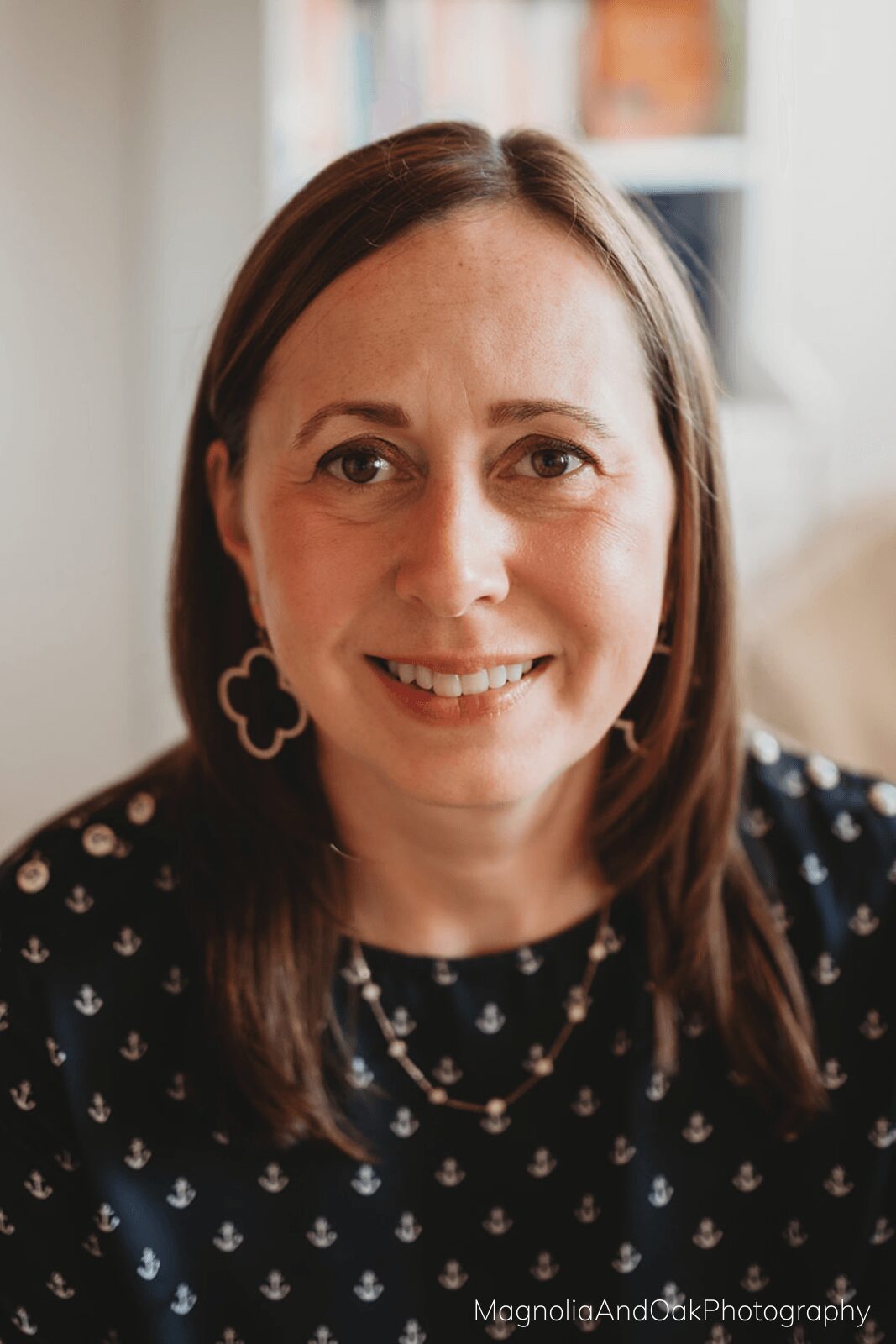
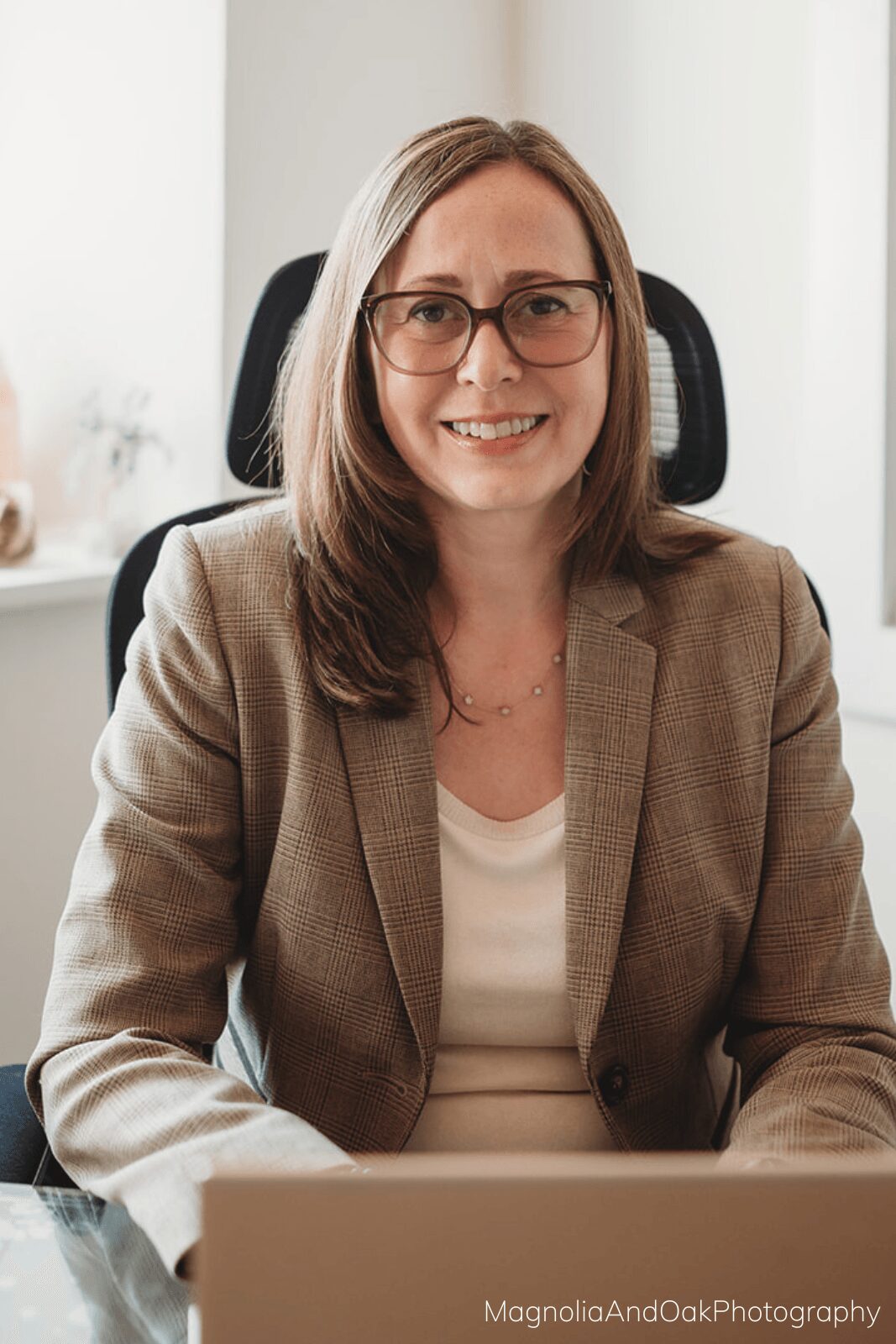
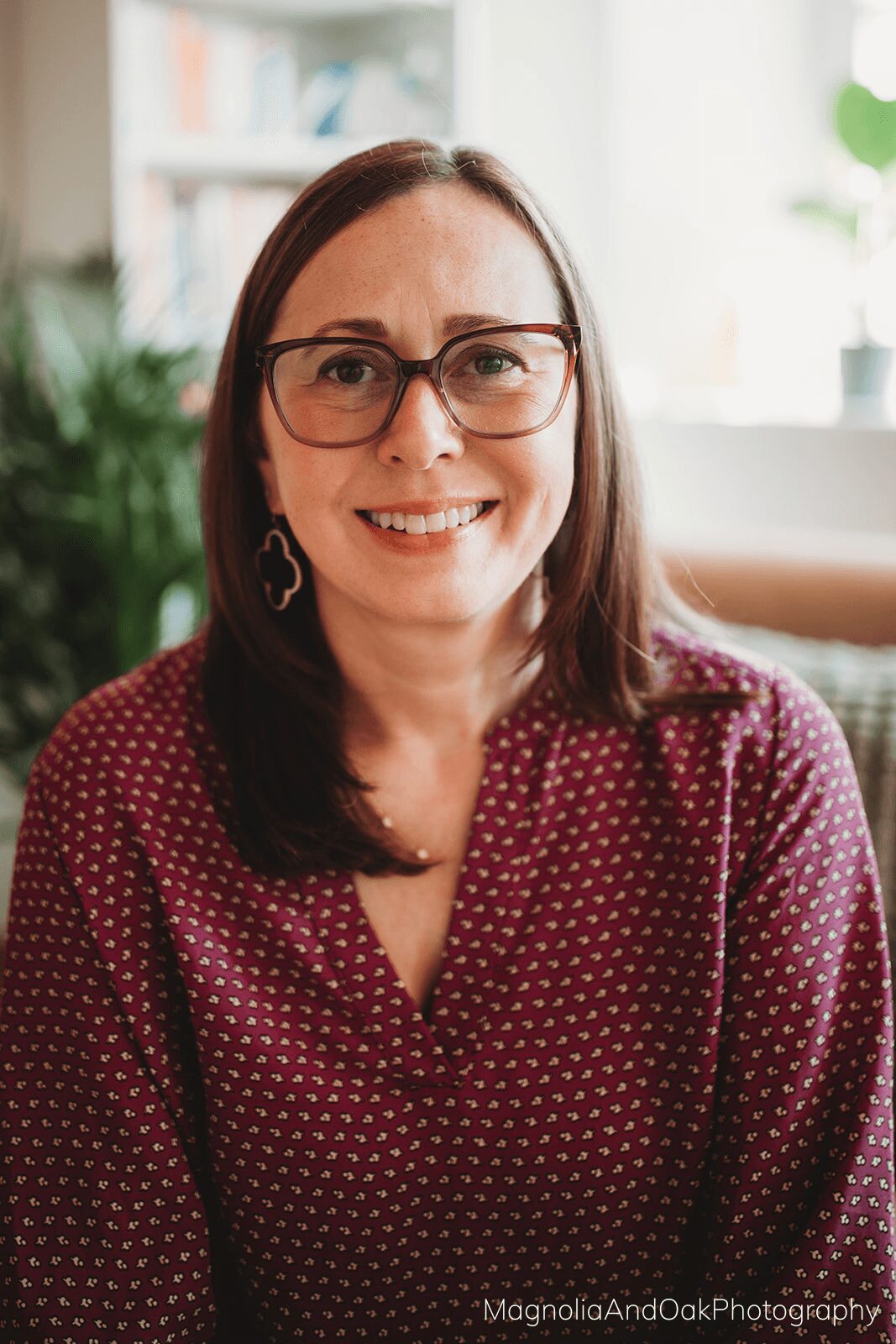

Image Credits
Magnolia and Oak Photography











